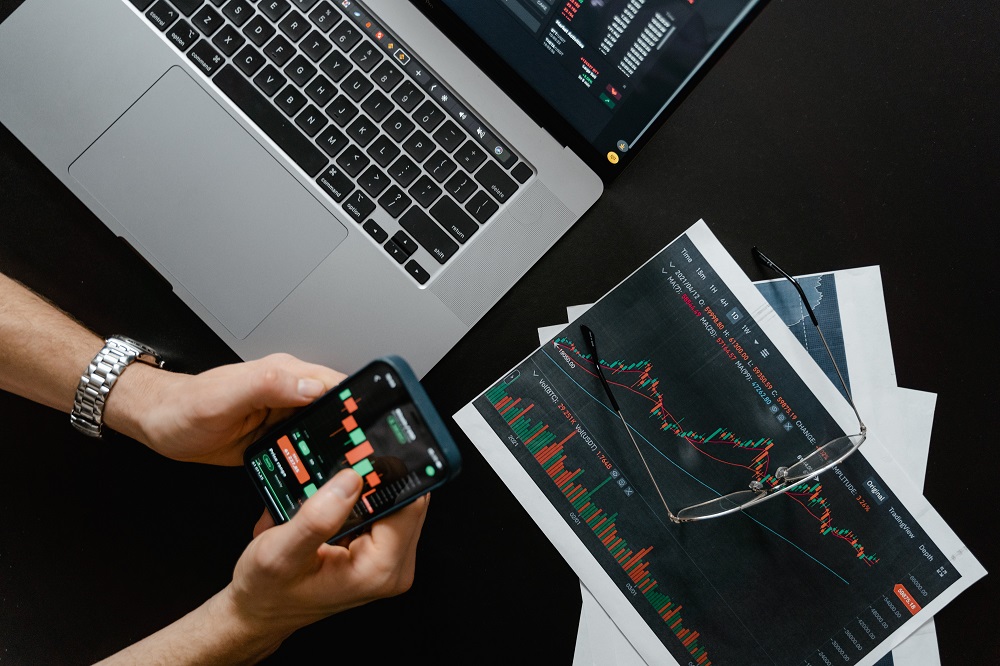Finding the right forex broker is essential to success if you want to try your hand in the world’s largest financial market. For instance, today, the forex market is valued at $2.409 quadrillion and transacts an average of $6.6 trillion daily. This is a massive opportunity for anyone in the field. But have you ever wondered how the forex came to be so big?
The forex market is where the exchange of different countries’ currencies occurs. The forex helps determine the exchange rate of currency pairs for commercial and central banks, hedge funds, and individual investors to facilitate international trade. This makes it one of the most liquid financial markets and among the most essential in the world. This piece will explore some of the reasons why and significant players in the industry.
What is the Forex Market?
The forex market, also known as foreign exchange, is a global marketplace that deals with the trading of nations’ currencies for or against others. The trading is predicated on a set exchange rate that values currencies against others. Furthermore, although many different currencies exist, most forex trading transactions use USD, British pound, euro, or Japanese yen.
We can trace forex trading back to the stone age when people used rocks, feathers, and shells to exchange goods, though we can’t really credit them for inventing the concept. Instead, that honour goes to the ancient Greeks and Egyptians when they started minting coins using precious metals. Some shrewd traders discovered that some coins had more material than others and, in essence, were more valuable. This is the basis of the forex trading concept that still holds even in today’s market.
However, after the second world war, the Bretton Woods agreement between the allied nations formalised the exchange rate between countries, creating the first forex market.
Who Trades in the Forex?
1. Individual Investors
Even though the volume of forex trades made by retail investors is low compared to other players in the market, you can still make trades and benefit. However, you have to use traditional or online brokers to place trades as well as help you determine the fundamentals of those trades in some instances.
2. International Corporations
Many, if not all companies have to source materials and services from outside their own borders. In most instances, this means dealing with multiple currencies in significant amounts. If these corporations don’t hedge their positions by entering into currency swap agreements or utilising other tools offered by the forex market. They can easily lose money from slight shifts in the currency market.
Therefore, this constant need for international corporations to mitigate risk while taking advantage of such market movements adds volume to the forex and contributes to its size.
3. Commercial Banks
The interbank market represents the most significant portion of currency trading. This involves banks of all sizes and from all regions of the world exchanging currencies via electronic networks. Furthermore, they facilitate forex exchange processing from their trading desks for third parties as well as speculatively place trades of their own.
4. Central Banks
Central banks are their region’s government and commercial bank bankers. They are responsible for setting interest rates and controlling inflation in their respective countries. These functions significantly influence a currency’s exchange rate on the forex and even go as far as setting the price. Furthermore, the central bank is responsible for a country’s economic stability and competitiveness, which it does by bolstering or weakening its currency. These policy changes will also be critical indicators of what trades you can make in the future and what to expect.
Conclusion
When it comes to the trading industry, no other market comes close to the volume and liquidity you find in the forex market. And for good reason. Forex trading keeps our shelves supplied and the cogs of international commerce rotating. Furthermore, other than just representing a way to evaluate different currencies, it can also be a lucrative investment opportunity for you. Using a credible forex broker, you can short a falling currency or go long on one rising in value and benefit from the largest financial market.
And now that you know what the forex is, who trades in it, and why, we hope you’re in a better position to succeed.


